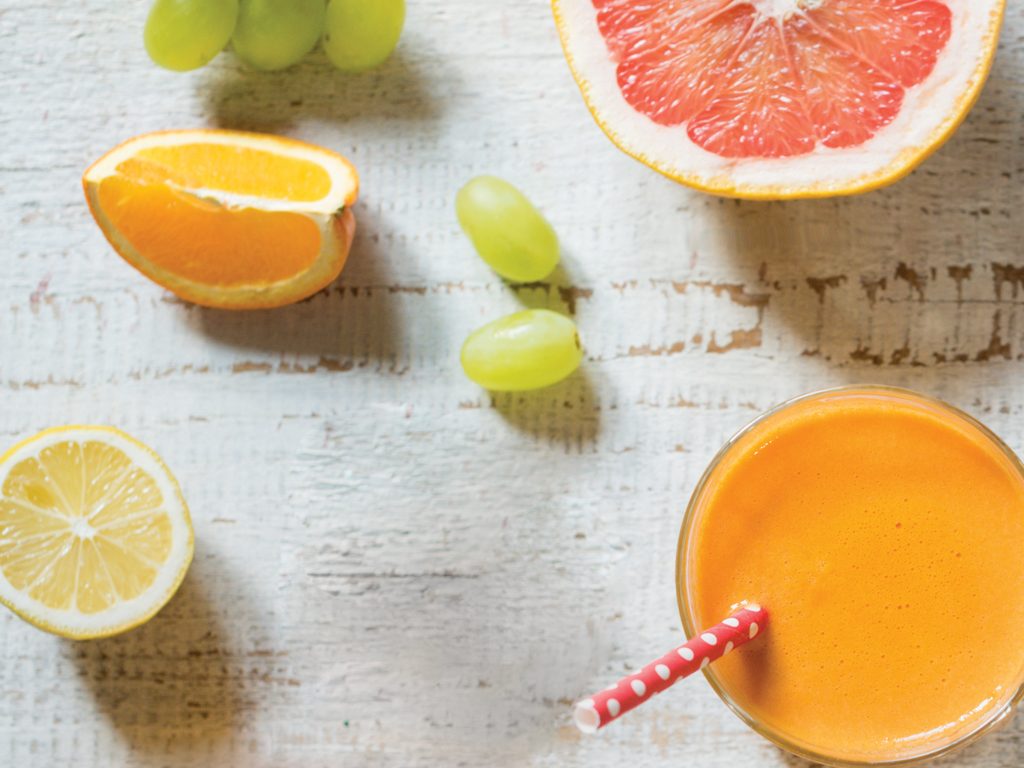Most of us would consider consuming food for pleasure and consuming supplement for disease prevention as completely separate activities. But out bodies are often the victims of complicated food-drug interactions after they are metabolised.

We love to eat, but we also fear being unhealthy and developing diseases, which is why we often turn to supplements. For some people, popping pills seems like a good method to keep health issues under control. However, there’s a problem with this form of eating ‘healthily’.
While we may be confident of what types of food are good for our health, can we be certain that the supplements and drugs we are also consuming won’t somehow cause a reaction with the food we have just eaten? Adverse reactions from food drug interactions can occur when we are unclear about their properties and how they interact with each other. Drugs can react with food and beverages (alcoholic cocktails, coffee), supplements and tobacco. What we consume can also reduce the effectiveness or enhance the impact of drugs.
According to the Health Supplements Industry Association of Singapore, Singaporeans spent nearly S$6 million on health supplements in 2015, so we should arm ourselves with some knowledge of this issue to avoid undesirable food-drug interactions, such as the one that led to the death of an elderly woman who died of “extensive bleeding” during a brain tumour operation — she didn’t inform her doctor that she had been taking cordyceps supplements before the surgery. This case was reported in The Straits Times in 2016.
Understanding drug properties from your doctor can help you make better decisions when choosing what to eat. Take charge of your health and refrain from listening blindly. You should inform your doctor of the supplements and food that you eat on a daily basis.
“It is quite normal for a skin doctor to enquire about food or oral supplements as these may occasionally be the cause of the skin problem that the patient is presenting,” says experienced dermatologist Dr S K Tan from IDS Clinic. “The first interaction that comes to mind is the one between dairy products and tetracycline (a type of antibiotic), which is often prescribed for acne. Milk and similar products can reduce the absorption of the antibiotic.”
FOOD
Caffeine
Long-term bronchodilators contain theophylline, an oral asthma medicine that relaxes the muscle around the airways of your lungs. Drinking caffeine can increase the side effects of theophylline as caffeine has a similar effect of opening the airways. It can cause nausea, irregular heartbeats.
Dark leafy vegetables
If you are at risk of developing blood clots and have been prescribed a blood thinner such as warfarin, be careful about your intake of vitamin K, which is abundant in green leafy veggies such as spinach, kale, cabbage and broccoli. This is because vitamin K can reduce the effect of warfarin. But don’t cut out these vegetables from your diet completely, as they have other nutrients. Just work out the right amount with your doctor and be consistent with the amount you consume.
Dairy products
The problem with dairy products (milk, cheese, yoghurt, etc) lies in the calcium they contain. Calcium can interact with different medications, such as antibiotics, and lower their effectiveness. Two such examples are quinolone (taken for sinusitis, bronchitis and urinary tract infections) and gentamicin (used for treating bacteria infections like acne and sexually transmitted diseases). You should consume calcium pills or dairy products two to four hours before or after taking such antibiotics.
Grapefruit juice
Grapefruit juice can slow the breaking down of drugs in the digestive tract. Statins are a class of drugs used to lower blood cholesterol. Two drugs in that class — simvastatin (Zocor) and atorvastatin (Lipitor) — are particularly affected by the presence of furanocoumarins in grapefruit juice, causing more of the drugs to be retained in the bloodstream. Over time, this increases the risk of liver damage. If you have been prescribed a statin, it may be a good idea to switch from drinking grapefruit juice to either orange juice or apple juice.
RULE OF THUMB
- If you have health conditions and are on medication, don’t introduce sudden diet changes
- Medicine dosages are usually prescribed based on your current nutrient intake, and a sudden increase or decrease can cause interaction problems to arise
- If you have a habit of eating a particular food ingredient, your doctor ought to know about it
Durian
Durian has high levels of tyramine, a chemical that can increase heart rate and blood pressure. Tyramine, which cannot be destroyed by heat, can be found in other food items, such as coffee, chocolate, cheese, beans, soy products, cured products and fermented products. A person taking monoamine oxidase inhibitors (MAOI), an anti depressantmedication, should avoid eating food with tyramine as MAOIs stop the metabolism of tyramine; this can result in a sudden surge in blood pressure.
SUPPLEMENTS
St John’s Wort
This supplement, said to ease depression, can interact with various drugs. It should not be consumed with foods containing tyramine, for example.
Vitamin E
Vitamin E can increase the anticlotting property of blood, thus increasing the risk of excessive bleeding when paired with blood-thinning medications such as warfarin.
Ginseng
Like cordyceps, ginseng has a blood-thinning effect and thus increases the risk of bleeding when taken with blood thinners. Ginseng should not be taken with aspirin or over-the-counter anti-inflammatory drugs like ibuprofen — this could cause headaches, insomnia and anxiety.
Omega-3
Present in fish oil, this supplement has multiple uses, and can mimic the effects of pills meant for high blood pressure, birth control and blood thinning. So if you are already on any of these three types of drugs, taking omega-3 supplements can boost the effect of what you are already consuming. This is something you need to note.
QUESTIONS TO POSE TO YOUR DOCTOR
- How does my medicine help my condition and why do I have to take it long term?
- I eat a lot of (name food item); will it affect the medicine’s effectiveness?
- I am also taking (name supplement(s); should I continue?
Vitamin C
Although a very common supplement, vitamin C can reduce the effectiveness of a whole range of drugs, from HIV drugs and warfarin to conjugated oestrogen (for treatment of menopausal symptoms). Vitamin C reacts with oestrogen and decreases its rate of breaking down, which can cause side effects. On the other hand, aspirin and smoking may interfere in the absorption of vitamin C.
As reported in TODAY newspaper, pharmacist Jacqueline Wee advises, “Supplements cannot claim to diagnose, treat, cure or prevent any diseases. People who have food allergies, chronic medical conditions or take multiple medications should always consult their doctor or pharmacist before taking a supplement.”







